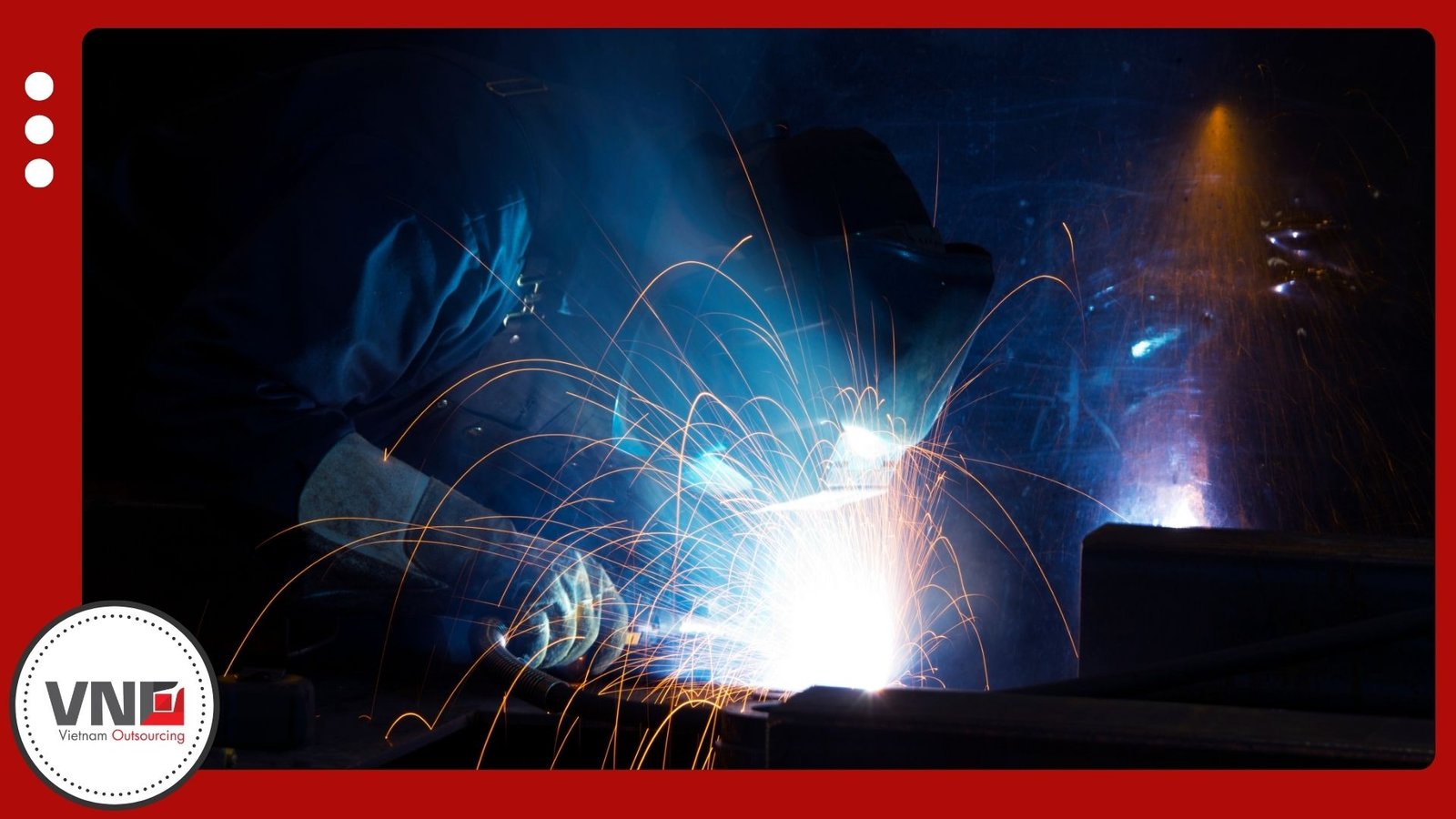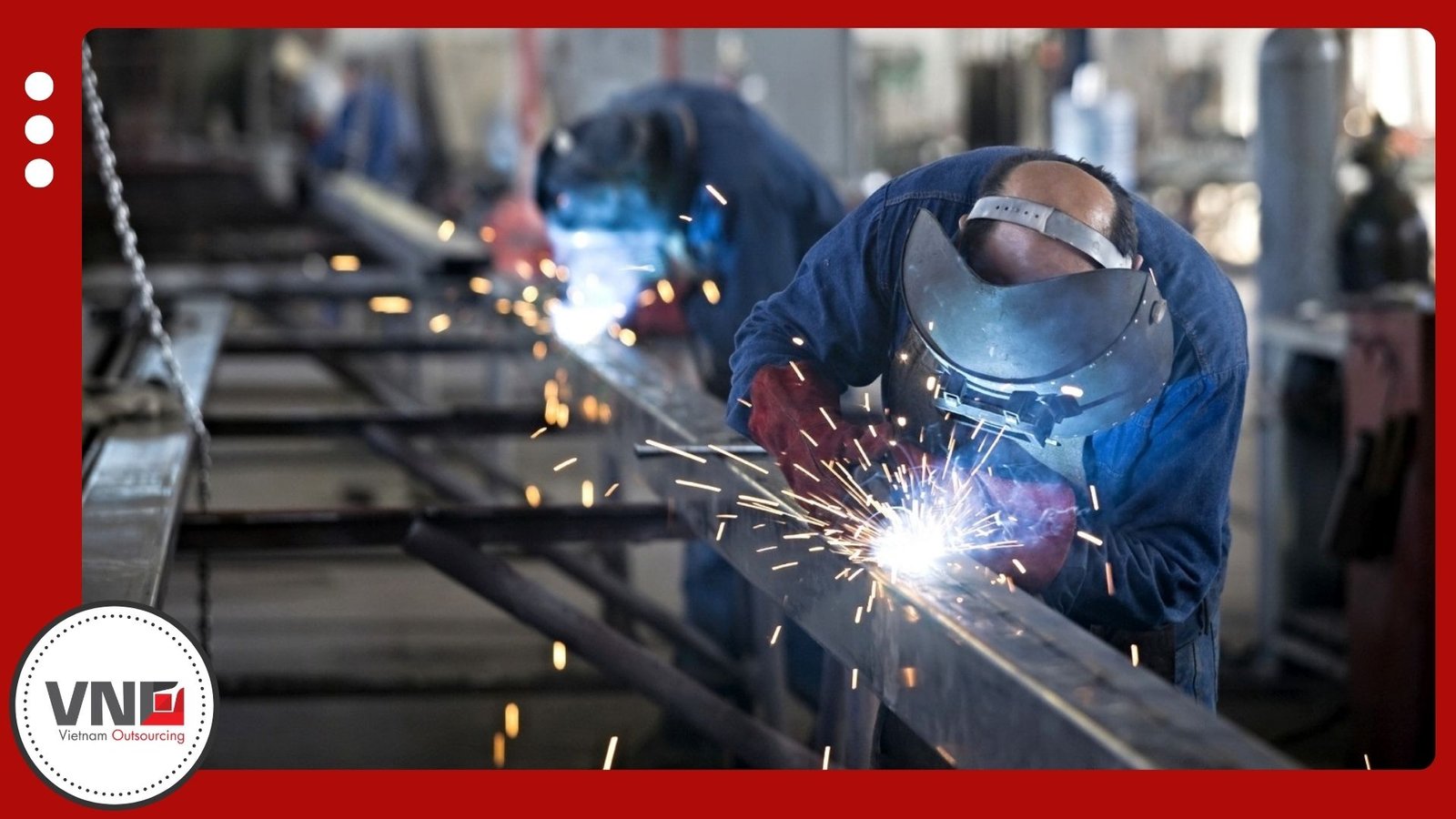Introduction
The benefit of die casting in Vietnam is becoming clearer as the country rises as a global manufacturing hub. With decades of investment in infrastructure, skilled labor, and international trade agreements, Vietnam die casting supplier now provides cost-effective and reliable die casting solutions. This progress offers foreign buyers an alternative to China and India while ensuring compliance with international quality standards.
Cost Efficiency
One major benefit of die casting in Vietnam is cost competitiveness. Labor and production expenses remain lower than in many Asian countries, including China. As a result, international buyers can secure high-quality products at 20–30% lower costs. Moreover, Vietnam’s favorable trade agreements with the EU, U.S., and Asia-Pacific reduce tariff burdens, making exports even more attractive.
Skilled Workforce and Technology
Vietnam has developed a skilled workforce with expertise in die casting, machining, and finishing. Engineers and technicians are trained to operate high-pressure and hot-chamber machines, CNC systems, and automated assembly lines. In addition, many factories now adopt Industry 4.0 practices, including robotics and digital quality monitoring. These upgrades ensure that buyers benefit from both efficiency and precision.
Strong Supply Chain Integration
Another benefit of die casting in Vietnam is the country’s growing supply chain ecosystem. Local industries support die casting through mold making, surface finishing, and machining services. This integration reduces lead times and lowers dependency on imports. Consequently, buyers can streamline procurement and achieve faster delivery schedules.
Compliance with Global Standards
Vietnamese suppliers understand the importance of quality certification for international trade. Many companies hold ISO 9001, IATF 16949, and RoHS certifications. Factories also perform advanced testing such as X-ray inspection, CMM measurement, and tensile strength analysis. Therefore, buyers can trust that die cast products meet the requirements of automotive, aerospace, electronics, and renewable energy markets.
Industry Applications
Die casting in Vietnam serves multiple industries. In the automotive sector, aluminum and zinc parts are used for engine housings, brackets, and safety systems. Electronics companies source housings, connectors, and cooling components. Renewable energy manufacturers rely on lightweight aluminum frames for solar panels and wind turbines. These applications highlight the versatility and reliability of Vietnam’s die casting industry.
Future Outlook
Looking ahead, Vietnam is expected to expand die casting capacity further. Investments in automation, eco-friendly Die Casting Material, and digital design tools will strengthen competitiveness. As demand for electric vehicles and renewable energy grows, so will the opportunities for global buyers to benefit from sourcing in Vietnam.






